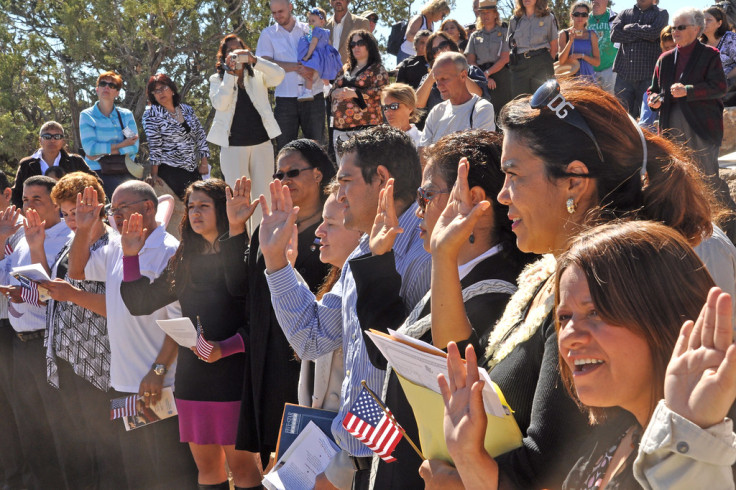
As President-elect Donald Trump prepares for a second term, his administration is expected to intensify efforts to curb legal immigration, including denaturalization initiatives. While the focus on denaturalization may generate headlines, experts say its actual demographic impact will likely be minimal compared to broader immigration restrictions.
Stephen Miller, Trump's incoming deputy chief of staff, has pledged to "supercharge" denaturalization efforts. These cases involve revoking U.S. citizenship from individuals found to have misrepresented material facts during their naturalization process. However, denaturalizations remain rare and difficult to prove, particularly after a 2017 Supreme Court decision set a high standard of evidence for the government.
During Trump's first term, initiatives like 'Operation Janus' and 'Operation Second Look' redirected resources to investigate older applications. Immigration and Customs Enforcement (ICE) allocated over $200 million for these efforts in fiscal 2019. However, the Department of Justice filed only 94 denaturalization cases from 2017 to 2020, a small fraction compared to the broader immigrant population.
Stuart Anderson, director of the National Foundation for American Policy (NFAP), said the push for denaturalizations may have a chilling effect on immigrants, but is unlikely to produce significant numbers. "It's not going to be like mass deportation or blocking entire green card categories," Anderson told the Hill.
While the denaturalization initiative is expected to draw significant media attention, its impact on overall immigrant populations is likely to be minimal. "I think it's safe to assume there won't be an attempt to denaturalize Elon Musk. We can probably guess that," said Anderson.
This refers to Musk, who reportedly violated his student visa and has openly spoken about using illegal drugs, potentially facing scrutiny under a strict interpretation of the rules. Similarly, Prince Harry has drawn criticism from the conservative Heritage Foundation over his immigration process and his admitted drug use.
In 2016, a Homeland Security review identified 858 cases of naturalized citizens who had successfully applied under false identities.
Critics warn that the denaturalization campaign could deter eligible legal permanent residents from pursuing citizenship, adding to the hurdles already posed by tighter restrictions. "The goal is less legal immigration," Anderson said, predicting long-term effects on family sponsorships, employment-based visas, and consumer services.
While denaturalization may draw attention, analysts also raise concerns about the feasibility of Trump's broader immigration agenda, including his promise to carry out the "largest deportation operation in U.S. history," targeting around 11 million undocumented individuals.
Studies highlight significant obstacles, including the high costs, with one analysis by the American Immigration Council estimating that arresting one million undocumented immigrants in a year could cost $7 billion—almost the entire annual budget of ICE. Additionally, the operation would require hiring approximately 31,000 new employees to manage the logistics.
According to a new report, Trump's promise to carry out mass deportations of undocumented immigrants could profoundly impact the U.S. economy, potentially cutting as much as 6.8% of national GDP.
© 2024 Latin Times. All rights reserved. Do not reproduce without permission.












